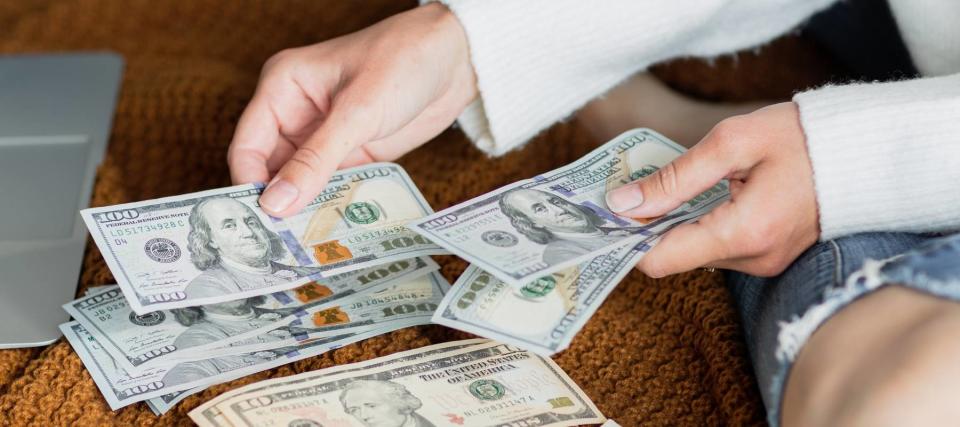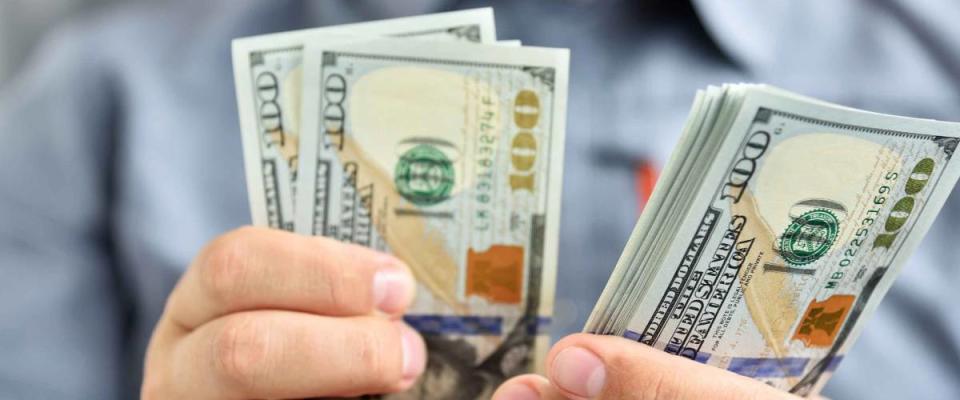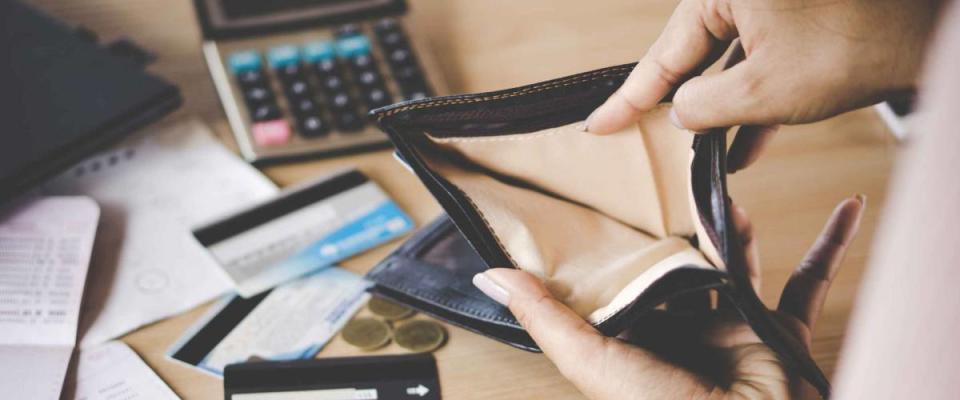Are stimulus checks paving the way for a universal basic income?

As President Joe Biden commits to an expanded $3,000 child tax credit until 2025, some believe all these pandemic benefits signify a step forward in the conversation surrounding a universal basic income.
Biden's stimulus checks bill, which upped the existing $2,000 credit to $3,000 and added a four-year extension, is expected to lift an additional 4.1 million children out of poverty, and Democrats in Congress are pushing to make this change permanent.
Despite steadfast opposition, support is growing for dishing out guaranteed income payments to citizens regularly even after the COVID-19 crisis ends, with multiple cities already testing programs locally.
Whether the relief money is being used for paying off debts, pay for household necessities or tucked away for unexpected emergencies, stimulus checks and other relief programs have opened the door to a conversation about universal basic income.
What is universal basic income?

Universal basic income (UBI) is meant to ensure a minimum income level, regardless of employment, so that all citizens can afford a basic standard of living. The government would hand out regular cash payments — much like stimulus checks — on a regular basis.
Andrew Yang brought attention to this concept during his 2020 presidential run, when he recommended doling out $1,000 to American adults each month.
However, the idea of guaranteed income is hardly novel. Centuries ago, English philosopher Thomas Moore proposed it in his 1516 book Utopia and Martin Luther King Jr. advocated for it in the 1960s to eradicate poverty.
Recent reports have been suggesting the economic recession brought about by the COVID-19 pandemic may shows the need for a universal basic income.
Beefed-up unemployment benefits were handed out to millions of Americans who lost their jobs during the pandemic.
And Biden’s expanded child tax credits are going out this July.
Unemployment benefits and the labor shortage

Not everyone’s onboard with the idea of a universal basic income. The Pew Research Center found that 78% of Republicans and Republican-leaning independents oppose the federal government allocating $1,000 to each person, and 62% were strongly opposed.
And some say all the unemployment benefits and government money that have gone out during the pandemic are already opening the doors to guaranteed income — and may have led to the current labor shortage.
"People are making more money sitting at home watching Netflix than they are at work, and they don't want to go back. I think one of the dangers that we've opened the door to is these stimulus checks are starting to feel like they might not go away," billionaire bond investor Jeffrey Gundlach told Yahoo! Finance, criticizing the “free money” that’s been handed out by the government.
Other experts think low wages, coupled with COVID-19 fears, are to blame. Lower-income workers, particularly in the hospitality industry, were hit hard by the pandemic. A University of Chicago study found 42% of those on benefits are receiving more than they did at their jobs.
Middle- and higher-income earners, especially those working remotely, don’t face the same hurdles.
Several big businesses, including the Bank of America, have bumped up wages to attract more employees. So now may be the right time to negotiate a raise at your workplace, especially if you have been putting in some overtime during the pandemic.
Some cities are already testing out monthly checks

On a more local level, several cities have begun to experiment with disbursing monthly checks to lower-income residents.
Stockton, California did a guaranteed income program pilot in 2019.
The city distributed $500 a month to 125 people for 24 months, and the results at the end of the experiment were overwhelmingly positive. The results showed recipients were more financially secure and many found full-time employment and came out emotionally healthier.
“We live in a time of pandemics,” former Stockton mayor Michael Tubbs, who launched the pilot, told MIT Technology Review. “It’s not just COVID-19. It’s an earthquake next month. It’s wildfires. All these things are happening all the time — not even mentioning automation. We have to have the ability for our folks to build economic resilience.”
About a half-dozen cities have conducted similar pilots, some are planning trials this year. Mayors in 30 cities across the country, as part of the Mayors for a Guaranteed Income Coalition, are pushing for unconditional, direct cash payments as well.
What if you need money now?

The possibility of the government considering a universal basic income is still pretty far off — if it happens at all. So if you need extra income now, here are some ways to help put a little more money in your wallet.
Bundle up your debt. If you’re struggling to pay off multiple debts and high interest rates, consider rolling your debts into one. Chip away at your debt faster with a lower-interest debt consolidation loan.
Refinance your mortgage. Mortgage rates remain at historically low levels, so don’t miss your chance to lock in a lower rate and potentially save thousands of dollars over the life of your loan.
** Find new ways to save.** Download a free browser extension that’ll automatically find you better deals and coupons as you shop online.
Grow your spare change in the stock market. Don’t worry about investing big with little experience. Just put your leftover cash into an investment app that builds you a diversified, automated portfolio with no minimum deposit.

 Yahoo News
Yahoo News 